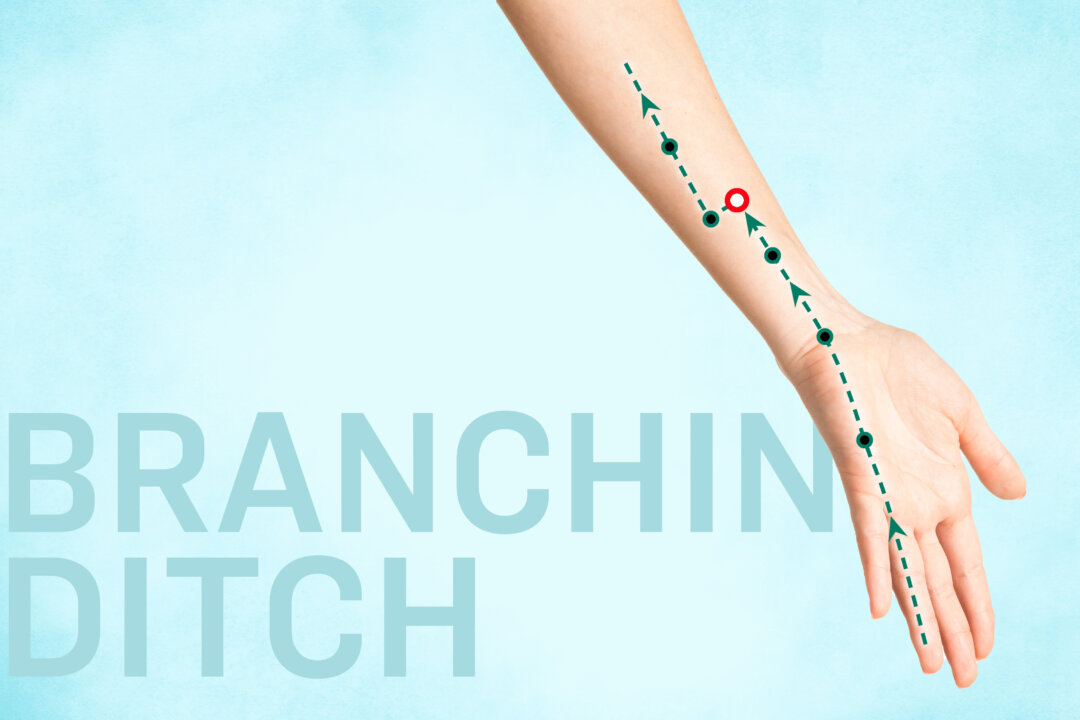In the constant juggle of our busy lives, a hobby might be one on the first things to drop off the “non-essential” list. But these types of activities often have great benefits. According to a 2023 study published in Nature Medicine , individuals aged 65 or older who engaged in hobbies reported better health, greater happiness, fewer symptoms of depression and higher life satisfaction compared to those without hobbies.
The researchers highlighted how participating in hobby groups helps maintain social connections, reducing loneliness and isolation. Engaging in hobbies that were discouraged or dismissed in childhood can also be incredibly liberating for adults. “This freedom to pursue previously forbidden interests enables you to authentically express yourself and, ultimately, take control of your life,” says clinical psychologist Clare Calderwood.

Getting back to our childhood interests sometimes requires us to shed our fear of failing. Credit: iStock Moreover, nurturing one’s “inner child” by embracing playfulness and joy is also crucial in building self-identity, confidence and a sense of agency. “As we grow older, we may lose touch with the carefree joy of childhood,” says Calderwood.
“But engaging in activities that spark playfulness can be essential for emotional, mental and even spiritual health.” Here, three women share their personal stories of how revisiting an activity from their youth has brought happiness and rejuvenated them. ‘There’s truly nothing better for my mental health’: Emily Harridge, 49 “I developed a passion for rowing during my school days.
I loved the sport, which I pursued until I was 17. But because I’m not very tall, I assumed I wouldn’t be able to compete against bigger and stronger athletes, so I decided to quit. What I didn’t realise was that there were lightweight categories for female rowers which would’ve allowed me to continue competing.
This lack of awareness led me to prematurely give up a sport I loved. After giving birth to three children, I wanted to stay fit, so my personal trainer suggested I join his indoor rowing competition. To my surprise, I consistently topped the leaderboard and eventually won.
This sparked my renewed interest in rowing, leading me to return to the sport in 2013. Acquainting myself with new rowing techniques took time and effort but proved incredibly rewarding. I’m currently at the peak of both my muscular strength and cardiovascular endurance.
I never expected to form deep friendships with my crew, but through our shared experiences of intense training, celebrating victories and persevering through defeats we’ve built unshakeable bonds. Over the past 11 years, these connections have blossomed into lifelong friendships, extending beyond sport to social gatherings..
Health

‘There’s nothing better’: In her 30s, Emily reignited her teenage passion

Getting back to a hobby you had as a child can spark a sense of joy, but how would your body hold up? These three women found out.















